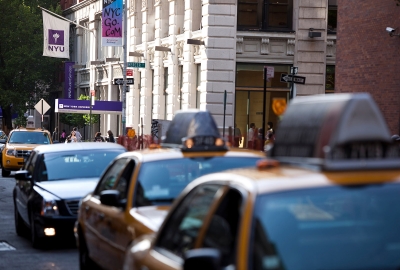
Sorry, we can't find the page you're looking for – you may have a bad link, or we may have moved the page elsewhere. Visit our homepage or try our search feature.

Sorry, we can't find the page you're looking for – you may have a bad link, or we may have moved the page elsewhere. Visit our homepage or try our search feature.